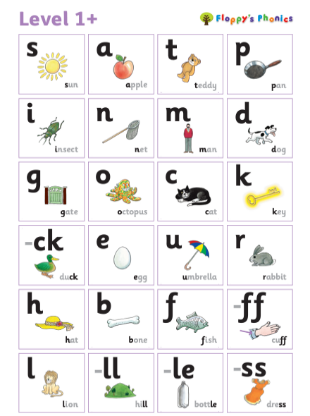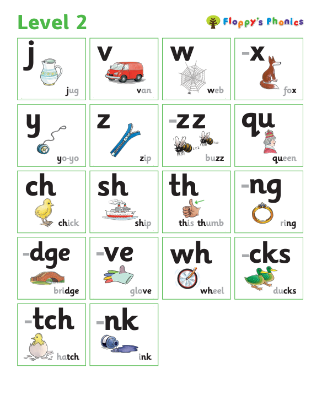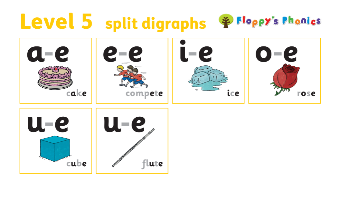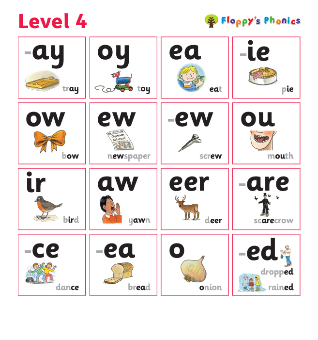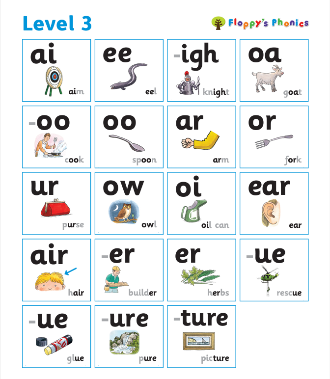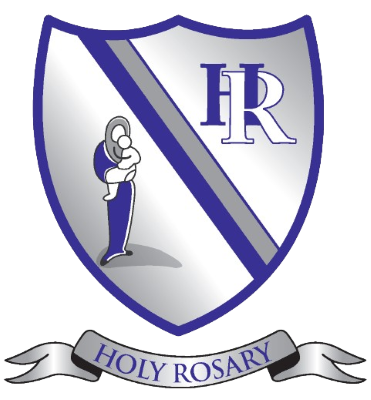Phonics and Early Reading
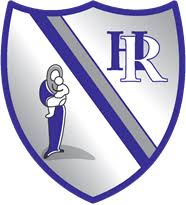
Learning to read at Holy Rosary Catholic Primary School
‘To learn to read is to light a fire; every syllable that is spelled out is a spark.’ -Victor Hugo
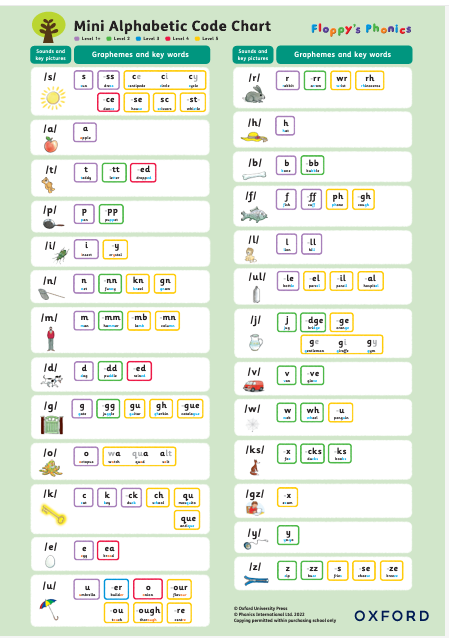
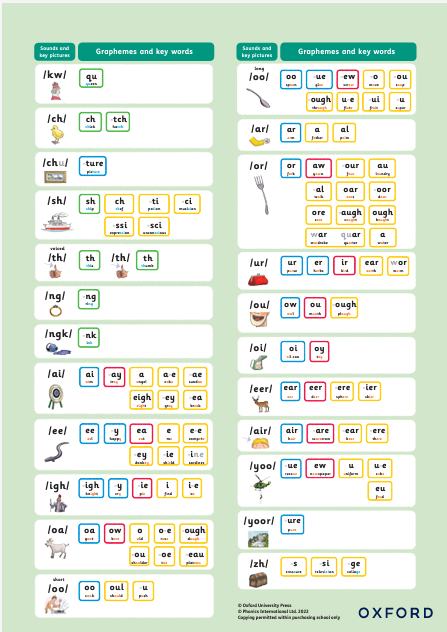
Intent
At Holy Rosary, we are passionate about ensuring all children become confident and enthusiastic readers and writers. We believe that phonics provides the foundations of learning to make the development into fluent reading and writing easier. Through daily, systematic, and consistent high quality phonics teaching, children learn to segment words and blend sounds to read and to support their spelling ability. To ensure our children to develop a strong phonic awareness and effective blending and decoding skills, we have chosen the synthetic systematic phonics programme Floppy’s Phonics.
Floppy’s Phonics is a step-by-step, flexible phonics programme that engages children in reading from the outset. It is developed by highly respected phonics expert Debbie Hepplewhite MBE. It has a systematic and structured approach with built-in consolidation and revision to ensure every child succeeds. It features the much-loved recurring characters of Biff, Chip and Kipper to engage children from the outset. It has online Professional Development videos to support the successful implementation of the programme.
Floppy’s Phonics Decodable reading books and supporting texts are used to ensure that children have ample opportunities to practice sounds and skills learnt in our phonics lessons. The decodable readers offer targeted reading practice at each stage of learning, centred around letter sounds and phonics, blending sounds together to read and spell words, enabling children learn to read fluently so that they can put all their energy into comprehension skills as they progress.
We passionately believe that teaching children to read and write independently is one of the core purposes of our primary school. Our intent is that children can access a broad and exciting curriculum and ensuring they flourish as learners throughout their time at our school. These fundamental reading skills not only hold the keys to the rest of the curriculum but also have a huge impact on children’s self-esteem and future life chances.
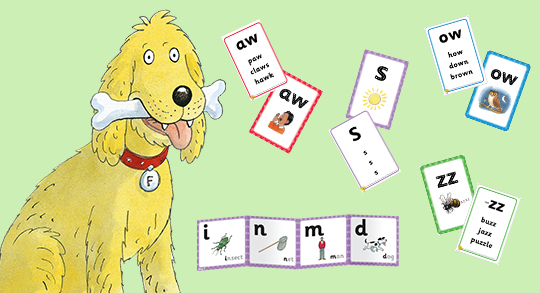
Implementation
We begin teaching Phase 1 in Nursery, this phase supports children’s developing speaking and listening skills. They begin linking sounds and letters. Children learn to rhyme, and to orally blend and segment preparing them for their learning in Reception.
We begin, in Reception, by teaching the children the Level 1+ sounds. Children start blending sounds into words as soon as they know a small group of letters well. During lessons children are taught to hear sounds and blend them together in sequence to make a word. We start with blending oral sounds, then progress to reading the letters and blending them together to read the word. We teach letter formation and progress from writing simple CVC words to longer words and then putting words in a sentence/ caption.
In Level 2 & 3 children continue to learn sounds following the Floppy’s Phonics progression and it is in this phase that we learn many digraphs and trigraphs. We aim for all children to be confident reading and writing words containing Level 2 sounds by the end of Reception.
In Level 4 we learn some alternative spellings for sounds they already know; they also develop how they blend constants together to read and write longer more complexed words.
Level 5 is the final phase in Floppy’s Phonics, children learn more alternative spellings of sounds they know as well as split digraphs. We expect that most children complete Level 5 by the end of Year 1 and are ready to complete the Phonics Screening Check in the Summer term of Year 1.
As children build up their knowledge of sounds, they are able to apply their decoding skills to any unfamiliar word, whether it be real or nonsense. From the beginning of Level 4 each day children will practice their decoding skills by sounding out both real and nonsense words. When reading nonsense words children are unable to rely on existing knowledge of real words, and instead must use their letter-sound knowledge. This is integral to passing the Phonics Screening Check at the end of year 1.
To ensure quick progression we assess children at regular intervals throughout the year in Reception and Year 1. We continue to assess beyond Year 1 for slower passed learners and those that do not pass the Phonics Screening Check. Children who are not making the expected progress are closely monitored. They receive extra practise and interventions to close the reading gap. For the most part we teach in class groups and not sets. We believe this helps maintain the pace for all learners, any gaps in Children’s learning are filled at additional times. Children who have intervention follow the same Floppy’s Phonics program for teaching phonics.
All staff throughout the school are trained by our Early Literacy Specialist. All Staff who teach Floppy’s phonics have access to all the training videos. They have had demonstration lessons in their own class as well as observing lessons in other years. All staff use the Floppy’s Phonics handbooks and planning as well as the flash cards and online resources.
All children read with the class teacher or TA at least once a week. They take home a phonetically decodable book at their level to practise the sounds they have learnt in school. We make sure that pupils read books that are closely matched to their increasing knowledge of phonics and ability to read ‘tricky words’; so, they experience early reading success and gain confidence as readers. This is also ensures children consolidate the learning that takes place in school.
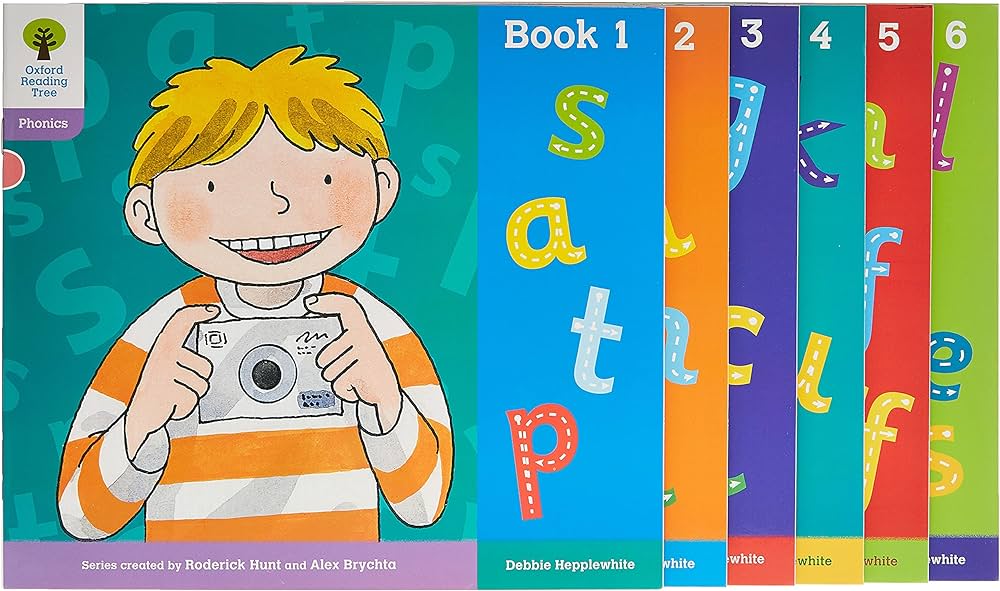
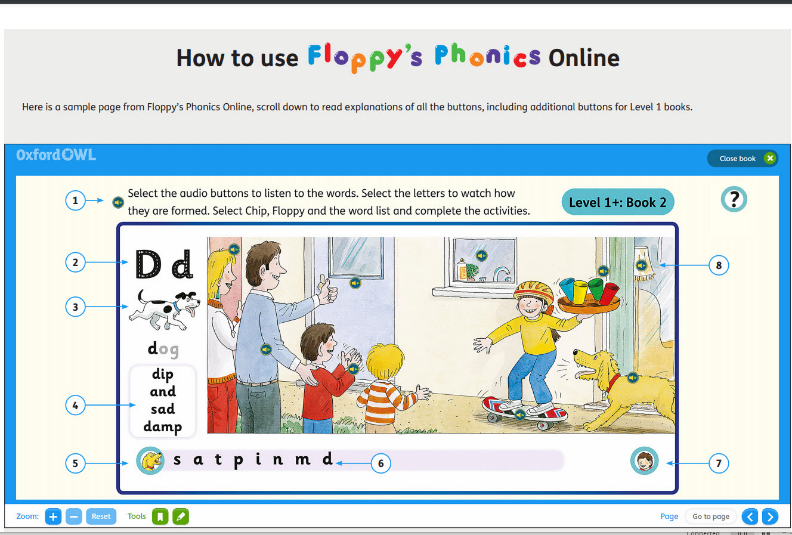
We believe that this strong foundations in Phonics prepares children to be confident and fluent readers and writers throughout the rest of the school.
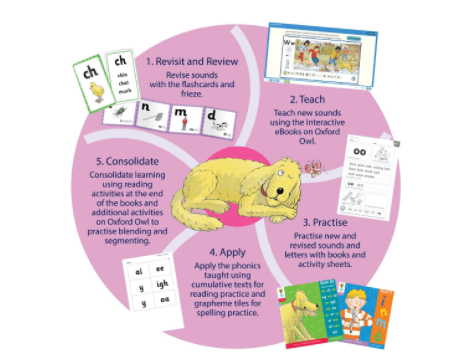
Impact
Through the consistent, systematic, and daily teaching of the Floppy’s Phonics programme, most children become fluent, confident readers by the end of Key Stage One.
Children are assessed at the end of Year 1 using a Government Statutory Assessment Tool known as the Phonics Screening Check. This screening check confirms whether the child has learnt phonic decoding to an appropriate standard and will identify sounds needing further support in Year 2. We have high expectations for the percentage of children passing the Phonics Screening check and aim to ensure that the small number of children who do not pass in Year 1, pass it the following year with extra targeted practise and Phonics Teaching.
Through the Floppy’s Phonics programme, children are equipped with the skills to decode unfamiliar words using strategies that they have been taught in their daily lessons. This way, children can focus on developing their fluency and comprehension as they move through the school. It is our key gaol to not only develop fluent and confident readers but to give children a wide range of opportunities to foster a love of reading. It is then that our children take pleasure in exploring the rich literary world around them with a firm phonic basis to support them.
